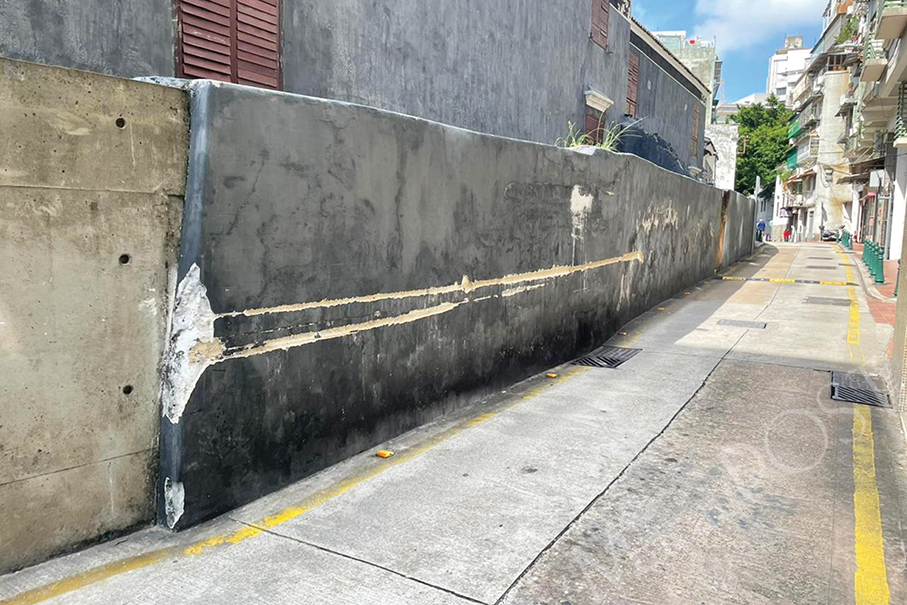The Central Committee of the Communist Party of China (CPC) and State Council unveiled yesterday a sweeping plan to link Hong Kong and Macau with nine cities in Guangdong to create the so-called Greater Bay Area (GBA), aiming to make it a high-tech megalopolis to rival California’s Silicon Valley.
The plan, according to Xinhua, states that the central government will seek to turn the area into a leading global innovation hub, boost infrastructure connectivity between cities, strengthen Hong Kong’s role as an international center of finance, shipping and trade as well as the center for the offshore yuan business.
The Greater Bay Area is challenged by diverging social, legal and customs systems, which have impeded the free flow of resources, according to the outline plan. A comprehensive blueprint can “add new impetus into the development of Hong Kong and Macau” and help build a “world-class cluster of cities,” it said.
The area – with about 70 million residents – would boast a trillion-US-dollar economy and eclipse Japan as the world’s fourth-largest exporter after Germany, according to HSBC Holdings.
The central government has already spent billions of yuan on infrastructure projects linking the GBA cities, and the plan now envisages a strategy for the area that stretches to 2035.
President Xi Jinping last year inaugurated the US$15 billion, 55-kilometer Hong Kong-Zhuhai-Macau Bridge (HZMB), the world’s longest sea crossing, linking Hong Kong with Macau and Zhuhai. In September, Hong Kong plugged into the mainland’s 25,000 km high-speed rail network with a futuristic new terminus overlooking the Victoria Harbor.
Under the blueprint, the 11 major cities of the Greater Bay Area will establish themselves as hubs for different sectors.
Hong Kong will focus on international finance, navigation and trade. Macau will be an international tourism city and a platform for trade with the world’s eight Portuguese-speaking countries. Guangzhou will take the role as an administrative hub while Shenzhen – home to Huawei Technologies and other tech giants – will expand its role as a special economic zone and tech hub.
The central government will support Hong Kong and Macau banks and insurers in setting up units in some GBA cities including Shenzhen and Guangzhou, according to the document. The central government will also study the feasibility of setting up a yuan-denominated securities market in Macau.
Other details in the plan: Hong Kong will set up a financing and investment platform for the Belt and Road Initiative; Guangzhou will build a regional trading center for private equity, property rights and commodities, with a futures exchange with carbon emissions as the first product; the central government will support Macau in becoming a yuan clearing center for Portuguese-speaking countries; enterprises in the Greater Bay Area can issue cross-border yuan-denominated bonds; cross-border use of the yuan will be encouraged, and cross-border investment by residents and financial institutions will be expanded to include more financial products.








